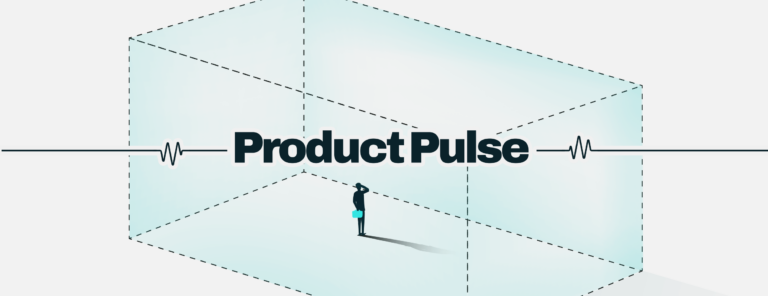I have come to realize that physics and data science share many similarities. Both fields focus on understanding patterns and structures in data, whether it’s from experiments or databases. Mathematical models play a crucial role in both disciplines, helping us make sense of complex systems and predict future behaviors.
Analytical thinking, problem-solving, and a strong grasp of mathematical concepts are essential skills in both physics and data science. The methodological approach in both fields involves starting with a hypothesis or theory, testing it with data, and refining models based on the results. This iterative process is key in both physics and machine learning.
Transitioning from physics to data science felt natural to me because both fields share a common goal of explaining the world in a quantifiable way. Physics deals with theoretical concepts, while data science applies similar principles to more practical problems, making abstract concepts more accessible.
One advantage of a background in physics in the field of data science is the problem-solving mindset cultivated by studying physics. Physicists are trained to tackle complex and abstract problems, which is valuable in data science where analytical and innovative solutions are essential.
The curiosity that drives physicists to explore unknown territories aligns well with the objectives of data science, which also thrives on discovery and extracting insights from data. Physics and data science both aim to explain the world around us in a quantifiable way.
If you come from a physics background, you likely already have solid math and statistical skills, as well as some programming skills. Building on this foundation, it’s important to prioritize which skills to learn based on the requirements of the roles you’re interested in. A step-by-step approach ensures you build a strong foundation before tackling more advanced topics.
Self-learning is a crucial aspect of a career in data science, as the field is constantly evolving. Online courses, challenges, projects, and bootcamps are valuable resources for acquiring new skills. Adaptability is key in data science, and studying physics may have already helped develop this skill.
Setting clear goals and defining a strategic plan based on the skills needed for the roles you’re interested in is essential for success in transitioning from physics to data science. Continuous learning and self-improvement are integral to a career in data science, requiring a willingness to adapt and grow in the field.
Source link






















